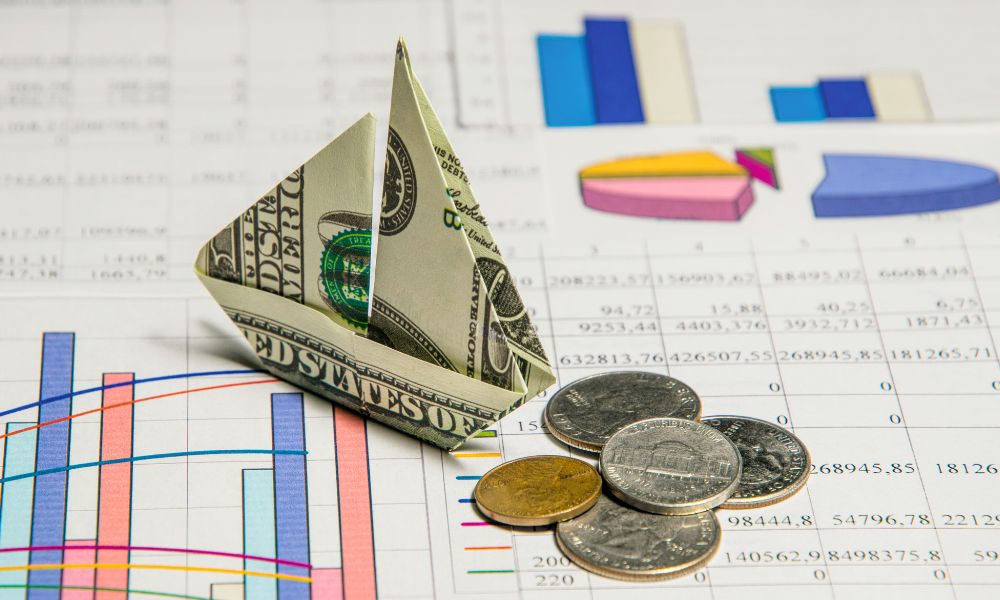
Economic indicators are important statistical data points that shed light on an economy's overall state and performance. They act as a compass, guiding policymakers, analysts, investors, and traders in assessing economic conditions and making informed decisions. These indicators offer valuable clues about the direction of an economy, helping stakeholders identify trends, opportunities, and potential risks.
A wide range of factors, including consumer behavior, governmental policies, business activities, and international trade, have an impact on the world economy, which is a vast and intricate system. Economic indicators condense these complex interactions into key metrics, making it easier to gauge the state of the economy at a specific point in time or over a particular period.
Key Economic Indicators:
Several key economic indicators hold particular significance due to their impact on financial markets and economic decision-making:
1.Gross Domestic Product (GDP): GDP is the most common way to measure the economic health of a country. It shows how much all of the goods and services made in a country during a certain time frame are worth. The growth or shrinkage of GDP affects investment choices and shows how healthy the economy is as a whole.
2.Unemployment Rate: The unemployment rate shows how many people in the labor force are idle and looking for work. It is a key sign of how the job market is doing and how much people might spend.
3.Consumer Price Index (CPI): The CPI looks at how the prices of a set of goods and services have changed over time. It is a key sign of inflation and has an effect on the policies of the central bank and interest rates.
4.Purchasing Managers' Index (PMI): The PMI looks at how well the production and service sectors are doing. It gives an idea of how business is going and what to expect from the economy in the future.
5.Interest Rates: The interest rates that central banks set affect how much it costs to borrow money, how much people spend, and how much they invest. The value of currencies, the stock market, and overall economic activity are all impacted by changes in interest rates.
Understanding economic indicators is essential for policymakers, investors, and traders alike. By analyzing these data points, stakeholders can develop a comprehensive view of the economy, anticipate trends, and devise strategies to navigate the ever-changing economic landscape.
Keeping a pulse on economic indicators is a valuable skill that empowers individuals and businesses to make informed and prudent decisions in an increasingly interconnected global economy.